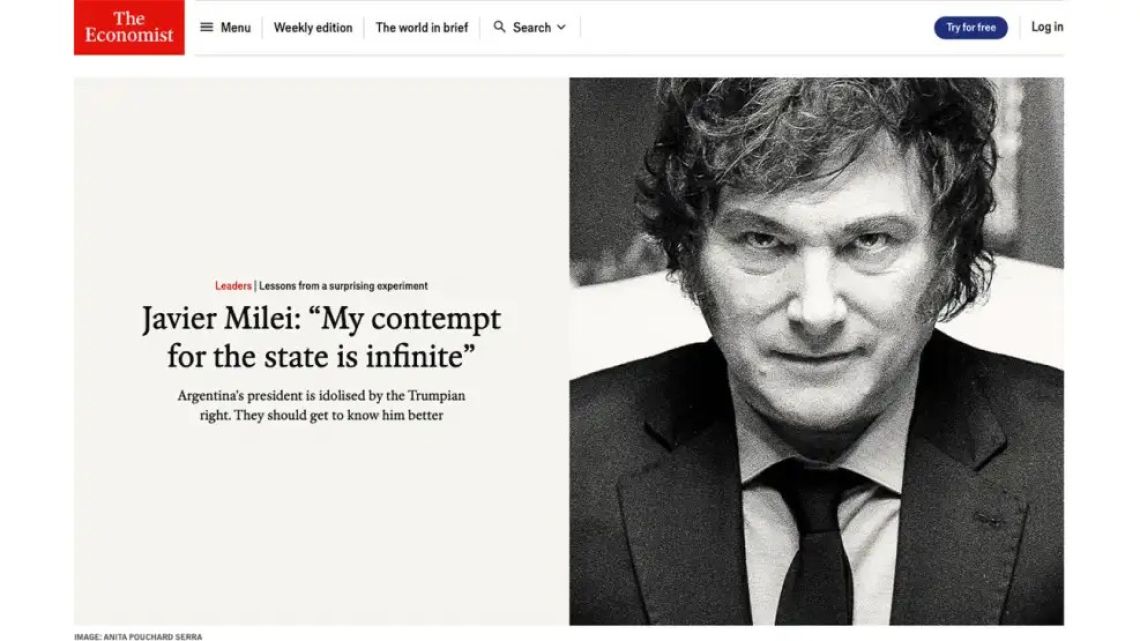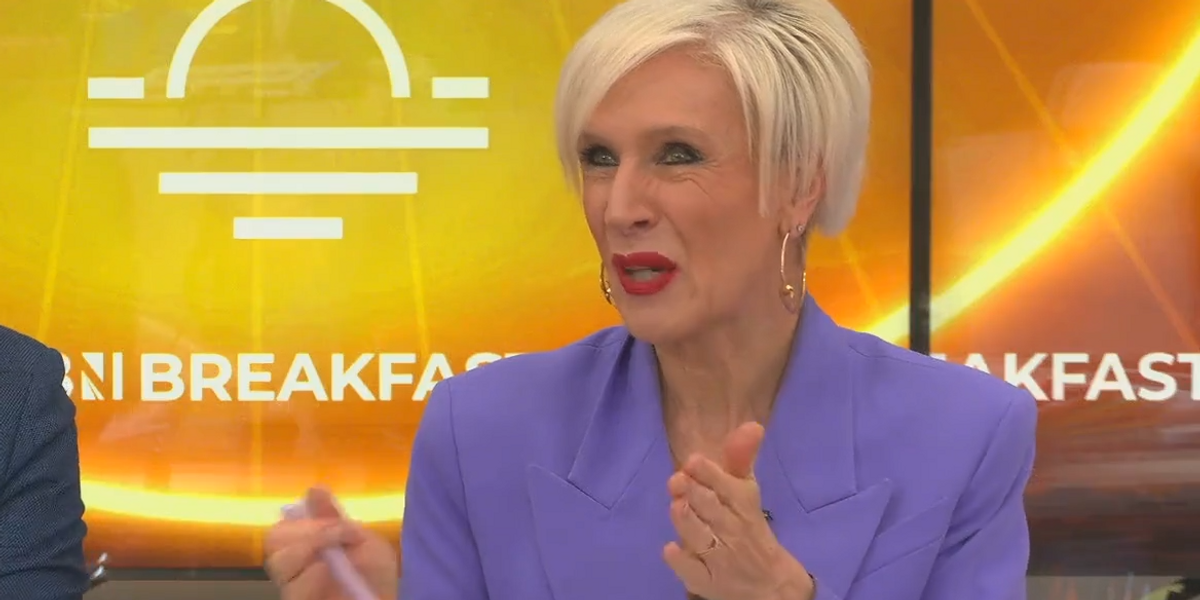Brazil’s Supreme Federal Court (STF) begins a pivotal trial on November 27, 2024. The case could reshape online speech in the country. At stake is Article 19 of the Marco Civil da Internet, Brazil’s internet law.
Currently, Article 19 shields platforms from liability for user content without a court order. This protection has been in place since 2014. It aimed to safeguard free expression and prevent arbitrary content removal.
The court will examine three related cases. One challenges Article 19’s constitutionality directly. Another explores content removal based on non-judicial notices.
The third case looks at legal limits for blocking messaging apps like WhatsApp. Legal experts worry about potential consequences. André Marsiglia, a free speech lawyer, warns of a “total risk” if Article 19 falls.
Platforms might proactively remove content labeled as “hate speech” or “disinformation” to avoid fines or suspension. Venceslau Tavares Costa Filho, a civil law professor, notes that social media differs from traditional media.
 Free Speech at Stake: Brazil’s Highest Court Weighs Social Media Regulation. (Photo Internet reproduction)
Free Speech at Stake: Brazil’s Highest Court Weighs Social Media Regulation. (Photo Internet reproduction)He argues platforms can’t control content like newspapers do. Users can post instantly, making editorial oversight impossible. Both experts fear a chilling effect on political discourse.
Balancing Free Speech and Judicial Influence
Marsiglia believes platforms might become strict moderators of political content to please the judiciary. This could disproportionately affect right-wing voices, he suggests.
Costa Filho acknowledges some limitations in Article 19. He sees a need for quicker action on clear threats like terrorism or financial scams. However, he cautions against forcing platforms to remove content in gray areas like alleged defamation.
The potential shift worries advocates of online freedom. They fear it could lead to overcensorship and stifle legitimate criticism of public figures. Democracy thrives on the ability to scrutinize those in power, they argue.
If the STF rules against Article 19, Marsiglia sees Congress as the last hope. He suggests lawmakers could pass legislation to correct any overreach and protect free expression.
Such a law would need careful crafting and public input, he stresses. As Brazil grapples with these issues, the world watches.
The outcome could set a precedent for how democracies balance online speech and content moderation. The STF’s decision will likely shape Brazil’s digital landscape for years to come.

 By The Rio Times | Created at 2024-11-27 11:08:04 | Updated at 2024-11-30 00:32:43
2 days ago
By The Rio Times | Created at 2024-11-27 11:08:04 | Updated at 2024-11-30 00:32:43
2 days ago








